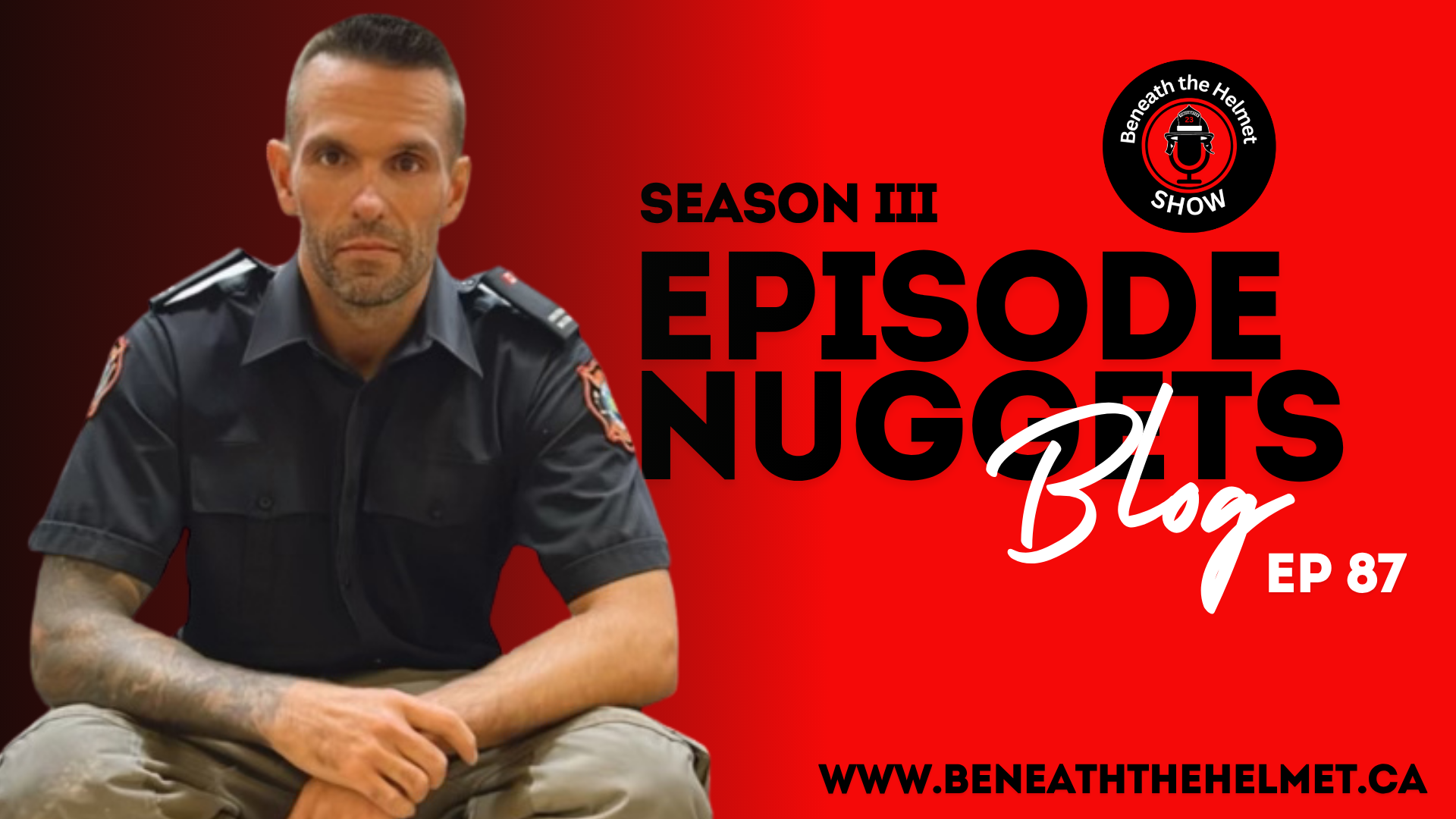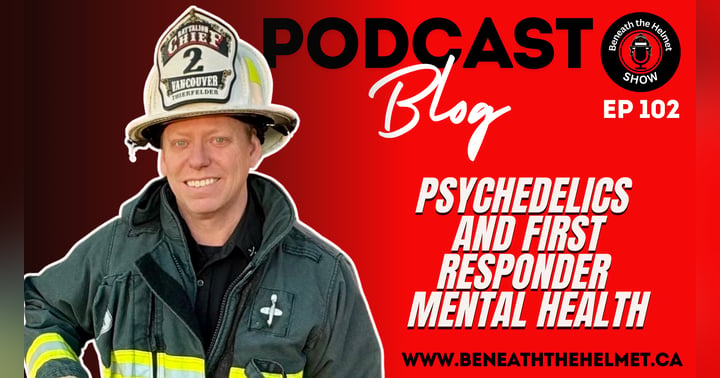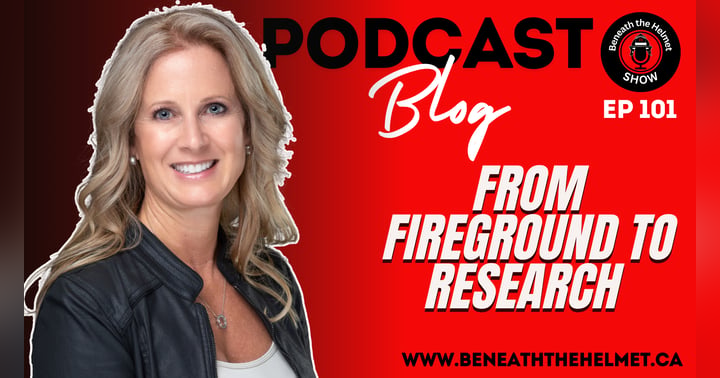Harnessing AI for Firefighter Wellness and Smarter Training: A Conversation with Justin Brunner

Harnessing AI for Firefighter Wellness and Smarter Training: A Conversation with Justin Brunner
In this episode of Beneath the Helmet, I sit down with someone who brings a rare combination of experience to the fire service: firefighter, educator, tech innovator, and lifelong learner Justin Brunner. He’s the creator behind Assist, a powerful tool that helps fire departments streamline training, support firefighter wellness, and reclaim time for what matters: connection, recovery, and operational readiness.
We cover a lot of ground in this episode, from the rising pressure that training officers and fire chiefs face to how artificial intelligence (when used mindfully) can reduce stress, improve learning, and strengthen the human side of the job. This is about using tools to lighten the load, not add more noise.
If you’ve ever felt buried under paperwork, overwhelmed by training prep, or like you’re running out of steam trying to balance the mission with the grind, this one’s for you.
Let’s dig into the top lessons from the episode.
Top 5 Nugget from the Episode
1. Time is the most valuable resource, and most of us are running out of it.
Justin nailed it when he said, “Why be 30 hours in the office and only 10 hours on the training ground when it could be the other way around?” Fire service leaders are spending more time behind desks than in front of their people. Tools that support efficiency give us a chance to flip that script.
“Why be 30 hours in the office and only 10 hours on the training ground when it could be the other way around?”
2. Burnout is a slow drip, and paperwork is one of the leaks.
We talked about how the mental load of lesson planning, policy writing, and compliance tracking quietly eats away at us. When leaders carry too much behind the scenes, they lose time for presence, mentorship, and meaningful engagement with their teams. Justin built Assist to take that weight off our shoulders.
3. Training is more than task repetition; it’s about connection and context.
Dry drills don’t build great firefighters. Scenario-based training with real context, real conversations, and thoughtful debriefs does. Justin’s platform includes suggested questions by role (firefighter, officer, chief) so you can lead deeper discussions that stick.
4. AI won’t replace instructors; it will amplify their ability to teach, lead, and mentor.
The goal isn’t automation. It’s better instruction, less burnout, and more room for the human parts of the job. Justin reminded us that good firefighters aren’t just built on skill sheets; they’re shaped by trust, coaching, and shared experiences.
5. Connection is the antidote to burnout, and it starts with freeing up our time.
If your head is buried in policy updates or admin emails, you're not connecting with your crew. You’re not decompressing after a tough call. You’re not present at home. Justin shared powerful reminders that technology should never take us away from each other; it should bring us back.
This episode isn’t about robots or futuristic firefighting gear. It’s about reclaiming your energy, your presence, and your purpose. It’s about giving yourself and your crew the chance to breathe again.
Justin’s story, from design and tech to the fireground, shows what’s possible when we ask a straightforward question: how do we make things better for our people?
If you’re a training officer, fire chief, or frontline firefighter who’s ready to make a change, this episode will open your eyes to what’s available right now, not years from now.
🎧 Listen to the full episode now:
🔔 Like what you heard?
Subscribe to Beneath the Helmet wherever you get your podcasts. We just hit 35000 Views!!!
Each episode is packed with real stories, practical tools, and human conversations that support wellness, leadership, and life after the call.
Let’s keep building a fire service that supports the mind, body, and spirit—not just the mission.
Until next time,
Stay well.












